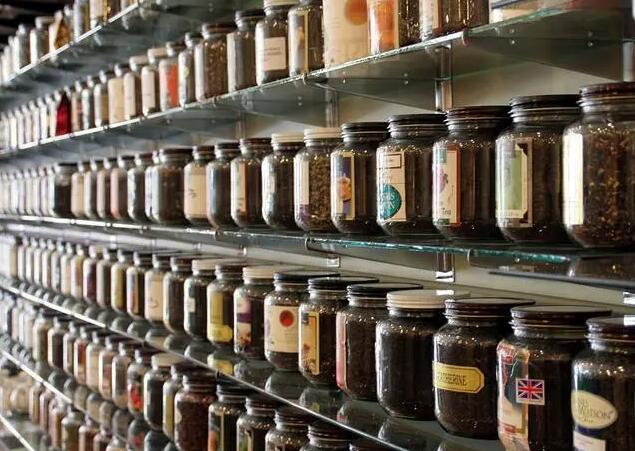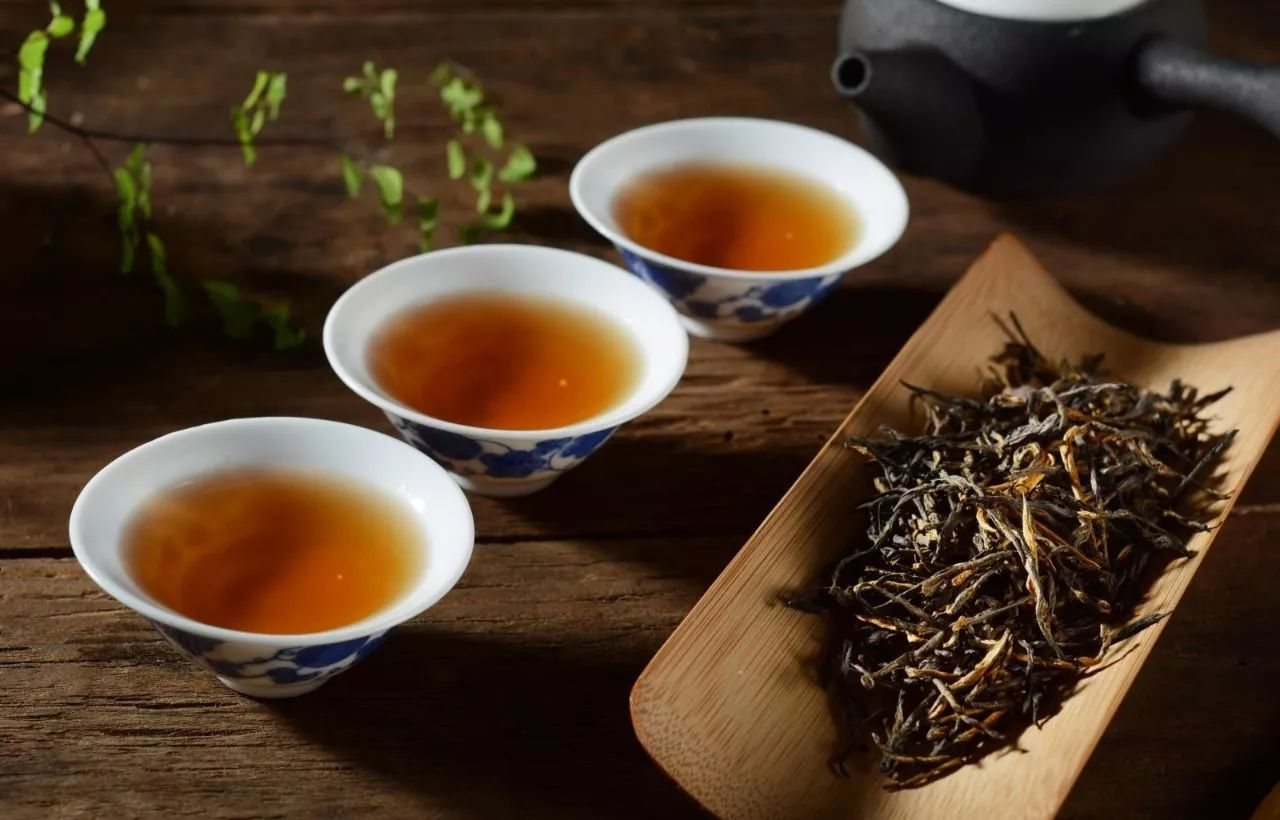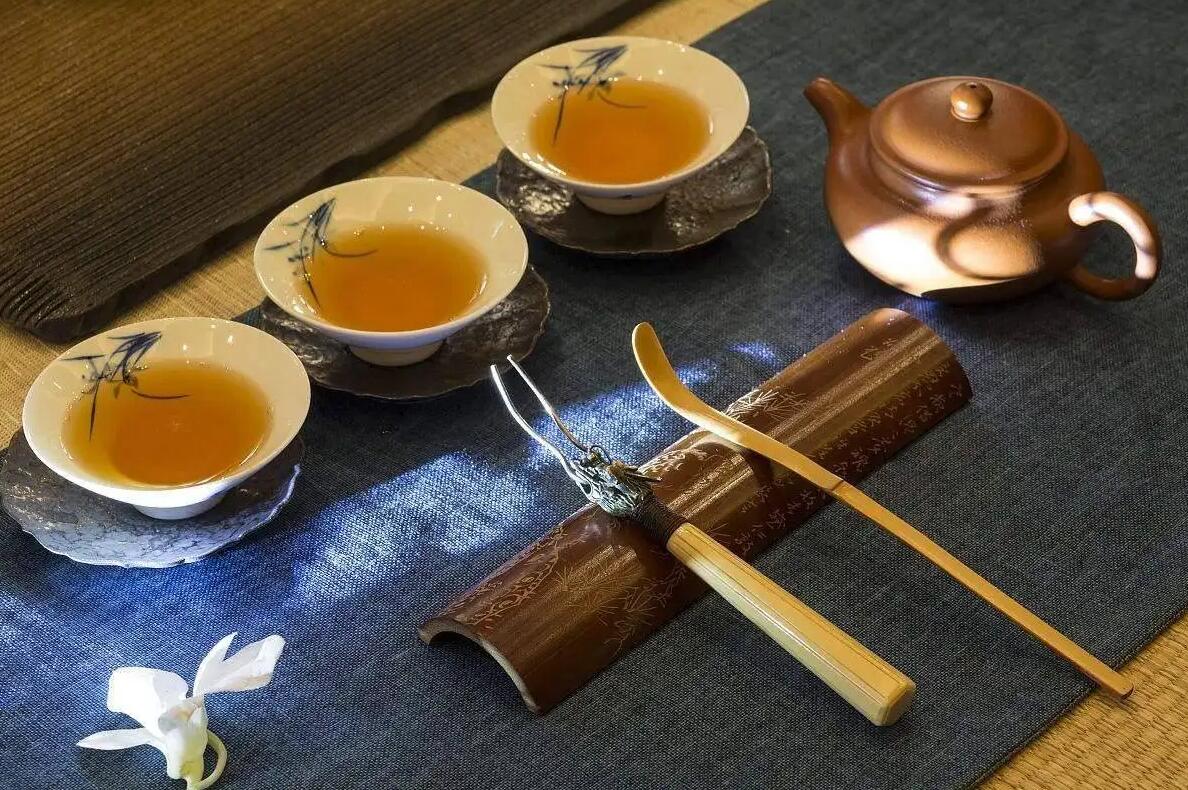In the Han Dynasty, Chinese rulers advocated thrift. In the early Western Han Dynasty, the Emperor rode in ox carts and did not take carriages readily, In the Eastern Han Dynasty (A.D. 25- A.D. 220), the country became rich but cultural intercourse and the code of ethics still advocated filial piety, friendship, honesty and uprightness. Even some officials were incompatible and thrifty. Official Xuan Bing distributed fields among the poor, and offered his clans his own salary although he stored no rice in his home. Official Wang Liang did not let his wife live in his official residence. Even if there were few such officials in the feudal society, they reflect the simple and friendly virtues of the Chinese people from time immemorial.
However, in the Eastern and Western Jin dynasties (A.D. 265-A.D, 420) and the Northern and Southern dynasties (A.D.420-A.D. 589), the social mood changed greatly. Nobles competed with each other in extravagance. In the Jin Dynasty Official He (Zeng went even further than the Emperor, being extravagant in clothes, chariots and food. He spent 10,000 coins on food every day while his son spent 20,000 coins. Not to be outdone, Ren Kai, a rich man, spent 20,000 coins every meal. Shi Chong, known as "money bag," had rare delicacies from land and water at each meal, and used brocade as his barricade and wax as his firewood. He even wore a new suit each time after he went out of the lavatory, beside which more than ten maidservants stood. In the Southern Dynasty, Emperor Liangwu (A.D. 502-550) was thrifty while his brother, Xiao Hong, lived in luxury- He was reported to have built many private storehouses. Emperor Liangwu went there to investigate fearing that this brother of his was hiding weapons for rebellion. He found that in the storehouses were piles of treasures and silk instead of weapons. As well, there were thirty houses specially for storing more than 300 million coins.
All these excesses worried sober-minded rulers who advocated cultivation of incorruptibility to change the luxurious ways. In this attempt, tea played a role.
Compared to a man, tea is by nature clean and pure. It absorbs rain and dew in high mountains, and grows green leaves. It blossoms gorgeously in the glow of morning and evening, and takes root in the bosom of mountains. In ancient China, people thought that tea should never be transplanted and because of this they praised tea for its great tenacity. Perhaps due to these virtues of tea, they countered luxury with tea.
The Eastern Jin Dynasty official Lu Na was incorruptible. As a prefecture chief he would not accept a salary. Later the imperial court recalled him and appointed him to the position of Left Service Official. When his family asked him how many boats of things were to be loaded, he only wanted the grains needed on the journey.
The rest were to be sealed and made a public possession. When Lo Na acted as prefecture chief of Wuxing, a well-known senior general, Xie An, planned to visit him. Lu Na's nephew thought that such a noble guest should be treated with consideration. When he saw that his uncle had not made any preparations, he decided to act on his own. After Xie An arrived, Lu Na treated him to only tea and fruit. Seeing this, Xie's nephew gave a grand banquet for fear of neglecting the guest. After the guest left, Lu Na said resentfully, You did not win honor for me, but just smeared my clean virtue." The opinionated nephew received a good beating. Afterwards this tale became a favorite, with many people following its example. Huan Wen, a man of Lu Na's time, also advocated drinking tea instead of liquor. Statesman though he was, Huan Wen had considerable military ability. Having won many battles^ he enjoyed a good reputation. In terms of advocating the cultivation of incompatibility, he thought highly of Lu Na. When he asked Lu Na his capacity for liquor, Lu Na said he could drink only two cups. Huan Wen said, "I can drink only three cups with ten slices of meat At banquets I usually treat guests to some tea and seven plates of fruit."
In the Southern and Northern dynasties, some emperors drank tea instead of liquor to show their simplicity. In the Southern Qi Dynasty Emperor Shizu was enlightened. During the ten years of his reign there were almost no general battles, and the common people Were able to recuperate and multiply. He disliked amusement as it could waste too much property. When he knew that lie was dying, he issued a testamentary edict that his funeral should not be held sumptuously and the common people should not be troubled too much. He said that in his memorial ceremony only several plates of cooked rice and fruit and a cup of tea rather than the traditional "three sacrifices" would be offered. In addition, he required that from then on anyone, noble or lowly, should obey the same rule. Of course, it is hard to say whether later emperors and officials obeyed the rule; but at the time his will set a good example to nobles in the curbing of extravagance. From around that time, tea began to be offered as a sacrifice in China.



